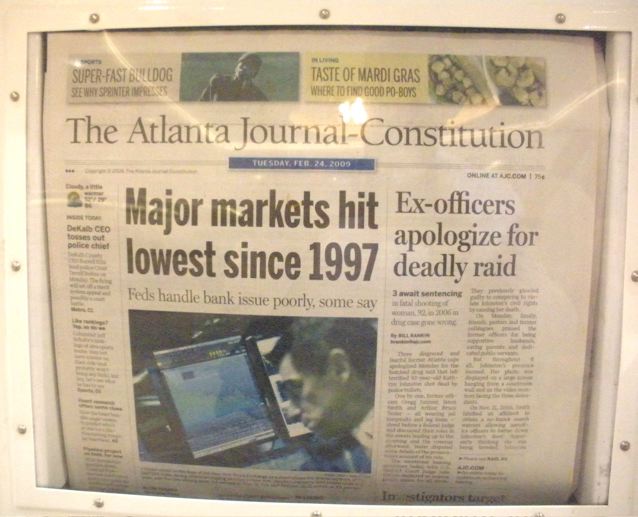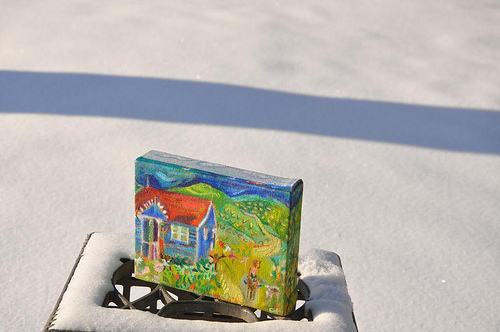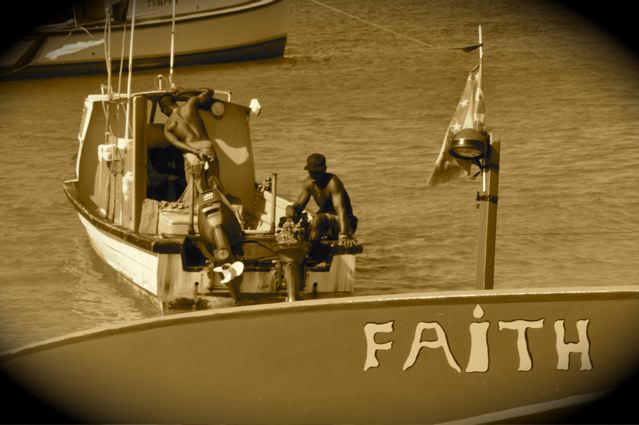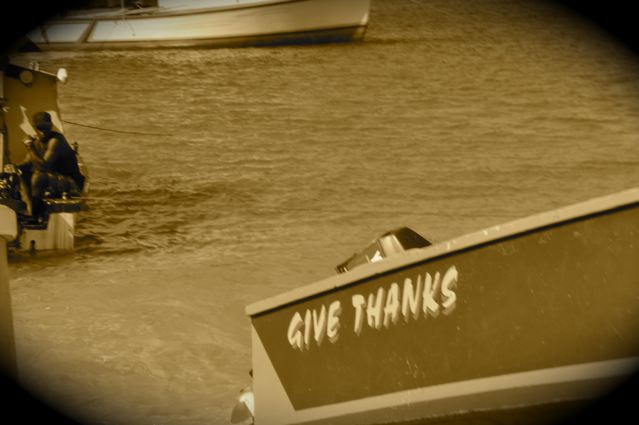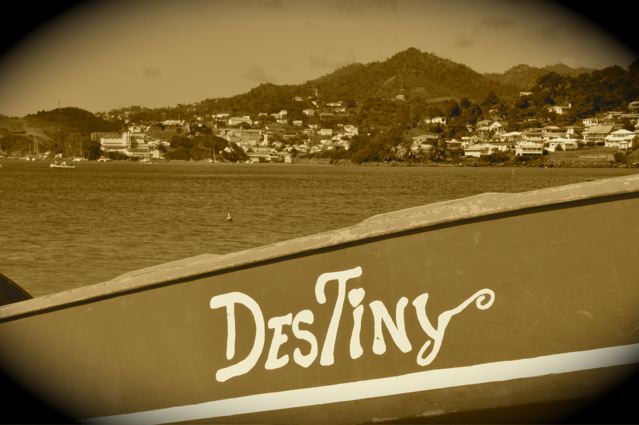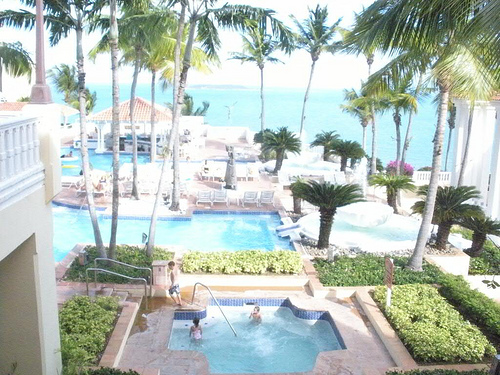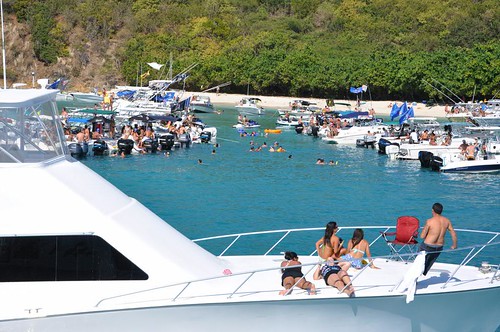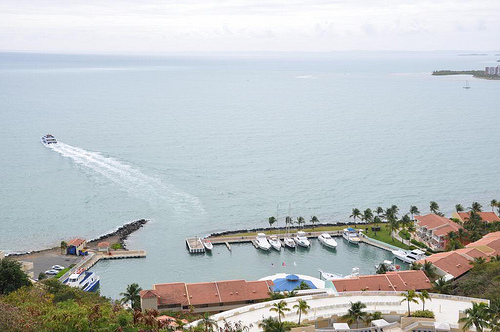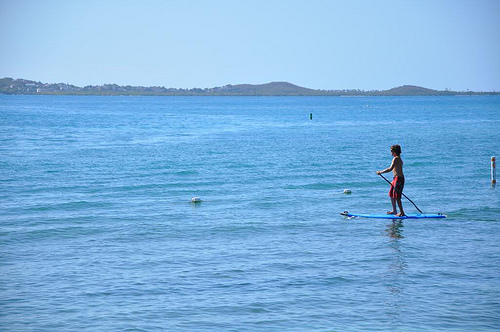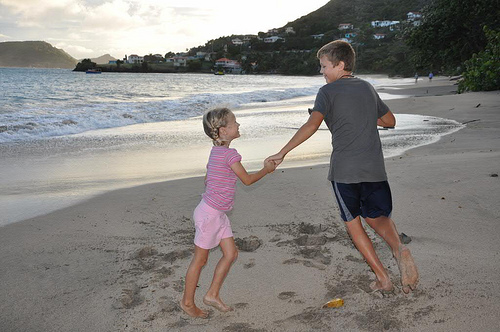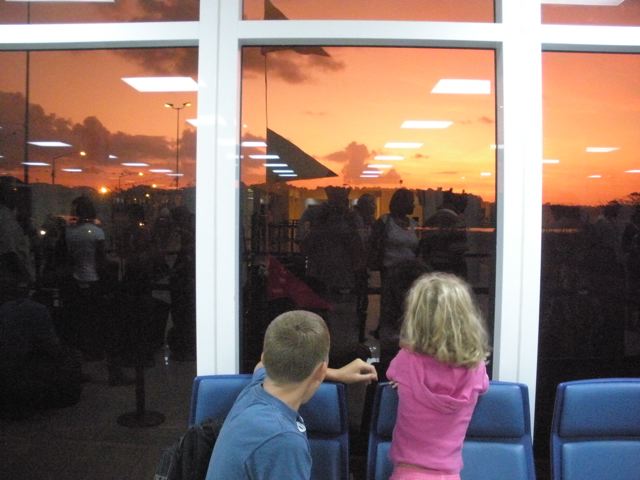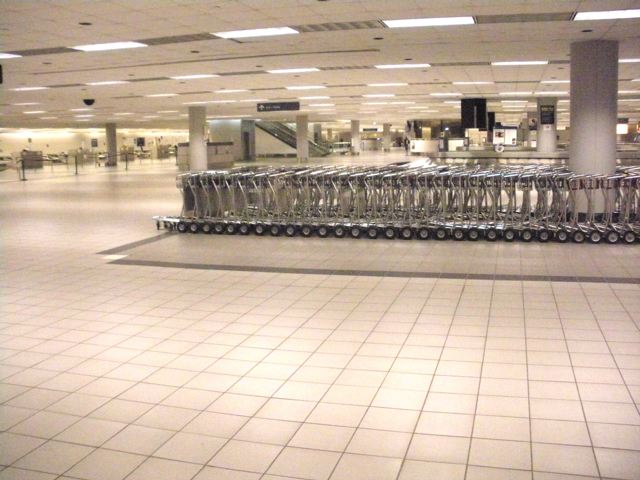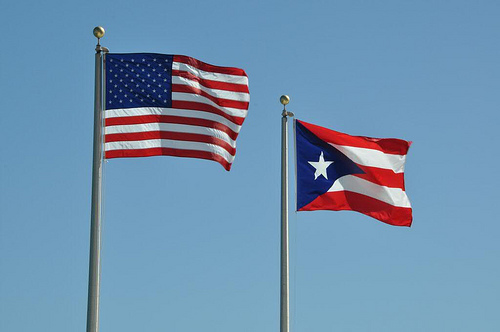Looking Back…5 Fave Pics
Seven weeks ago, a free, faraway feeling ruled the day. Back home, not so much. Life has resumed the habit-busy ways that pass for normal these days. Every family member has gone through permutations of the “be-backs,” from boredom to flu to winter angst. But spring is winning the war over winter. And the trip spark still has a faint glow.
One views life, I think, with a more critical eye after a BreakAway from the routine into the extraordinary. That’s a good thing, or so says Socrates, who reminds us that: “The unexamined life is not worth living.” That may be true, but there are risks—such as wondering,
Is that all there is?
That’s particularly true when “all there is” is less than all there was.
Investments: way down.
Home equity: shrunken.
Business: sluggish.
Public morale: low.
Moreover, a fun-filled Sabbatical can spoil a guy—whereas the kind of spoilage presently happening in the world economy just stinks.
Sabbaticals Happen, Like it or Not
For better or worse, lots of people—including many I know—are confronting the Involuntary Sabbatical: Getting fired. Others are taking paycuts, losing clients, or seeing sales dive. It’s odd: Freedom feels less free-ing when it arrives uninvited. But lest we all get lost in anxiety and gloom, most of us have plenty we could do with that time.
On the upside, many new, improved messages—that can help folks facilitate a real BreakAway someday—are emerging from this downturn: Live with less; build your savings; nurture the earth; hug family and friends (not just your job); try the bike and ditch the Hummer; time is the new money.
Amen to that. Money is numbers on paper—which typically gets SPENT on stuff. Time is…whatever you choose to DO with it.
You Gotta Go Home
Following any chosen, gratifying time of pleasure, you gotta go home. After 69 days on fantasy islands, I’ve done the same. Now it’s up to me to keep the insights relevant, the boredom at bay, and the relaxation vibes alive.
Peeking at the photographs helps, despite the risk of nostalgia. The images still look fresh—if rather surreal. (I was there and saw that?) These five represent some favorite moments—and shall linger vividly in my mind’s eye.

- Awe, Shucks (pic of hands)
This detail, of “Christ of the Deep” in Grenada, tells many tales: 1) Blue-sky days bring beauty. 2) We all need to open up and beg for mercy now and then. 3) Awe, hope, and reverence are desirable pursuits. 4) And “Dear God, please tell me what to do?”
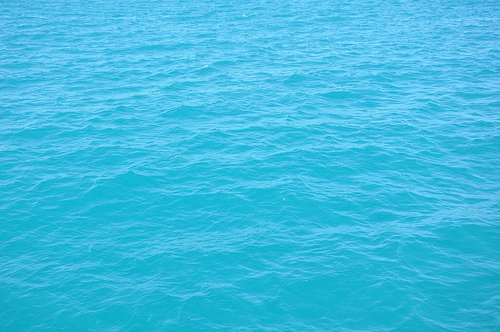
- Aquamarine Tranquillity
In meditation and biofeedback, teachers may tell you to visualize some peaceful thing or color: a mountain (strength), the sky (openness), a pool (calm), the color yellow (I have no idea why—Corona commercials?). My preference? Caribbean blue. It can provide wave after wave of serenity. And I can stare, and stare, and stare…
(I think it’s why Johnny Depp took that role.)
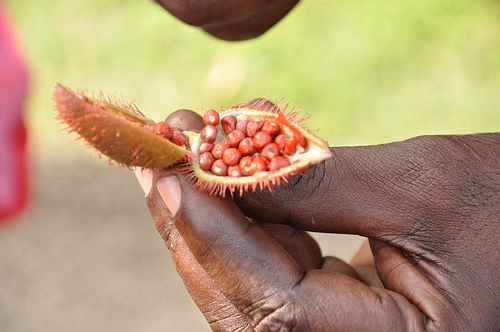
- Inside the Pod
This image, from a botanical garden on St. Vincent, reminds me of the kind and wise West Indians, and suggests that marvels can hide underneath an exterior. Just peel off the skin; gently dig in. St. Vincent itself was like that; the visit was due to travel logistics, not travel gurus. But once we were there exploring, that isle surprised us with her splendor and allure.
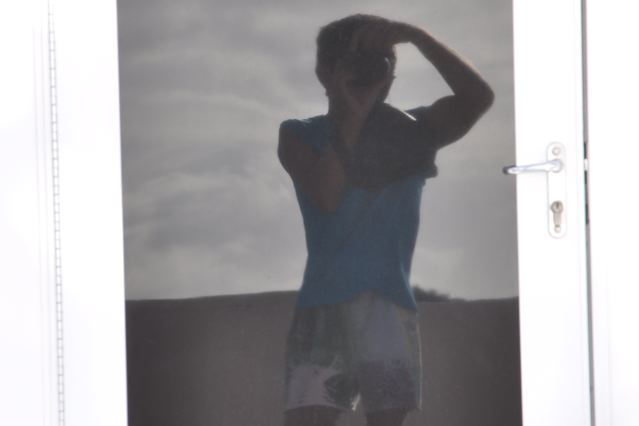
- Self-reflection in Doorway
Why this? It’s not a great picture. But it’s me. And since I take 99.9% of the photos in this family, I’m not in 99.9% of them; this is rare proof that I WAS there! Moreover, this happened on the last morning, during a solo sunrise walk. It was a reflective stroll, and the door connotes the changes and mysteries that lie ahead after the return to Reality.
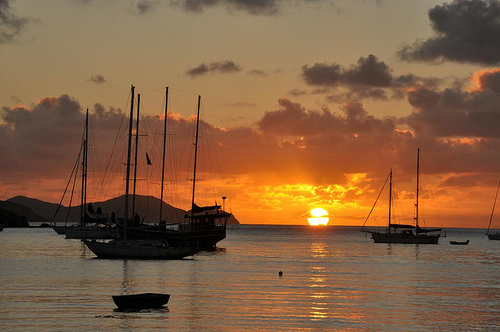
- Sunrise, Sunset


